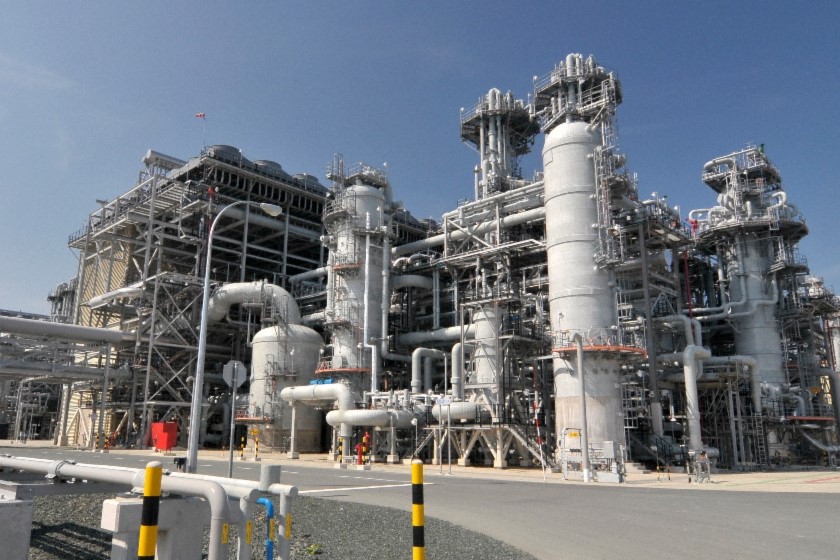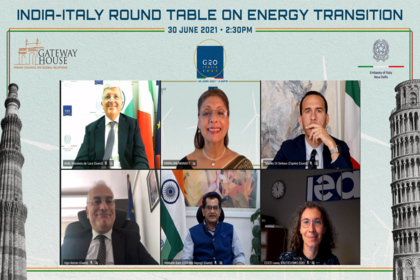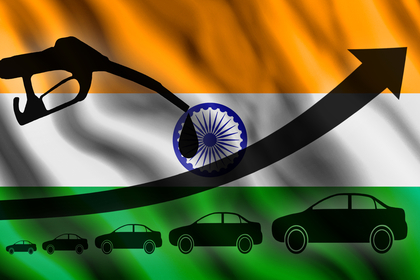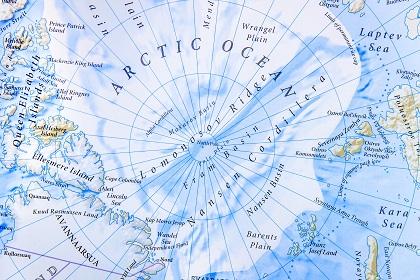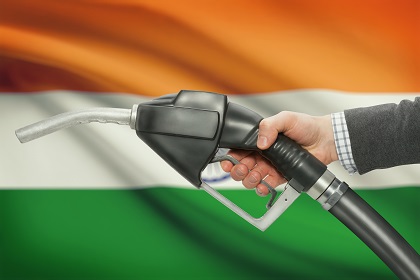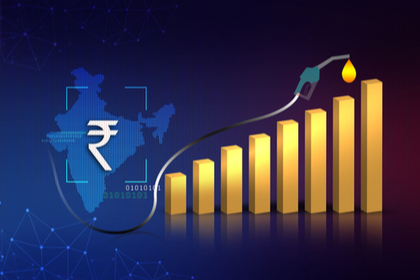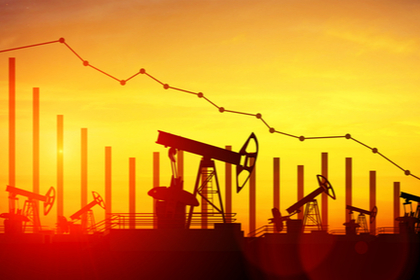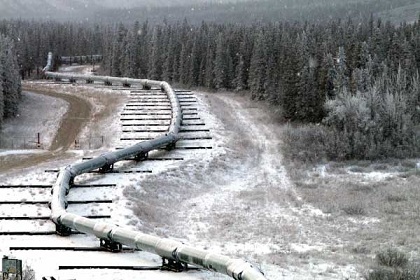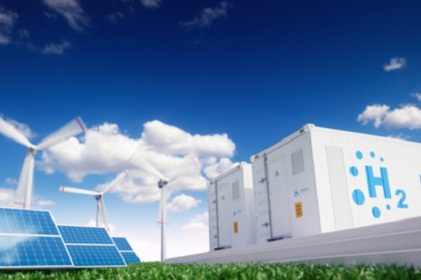India-Russia: Energy and economic security
India and Russia are natural partners for energy collaboration. India imports 85% of its oil while Russia is one of the largest exporters. An expanded bilateral investment strategy, especially in liquefied natural gas can help Russia access new markets and India meet its energy requirements. This mutually beneficial collaboration can re-affirm trust between the two countries, amidst complex geopolitical realities.

